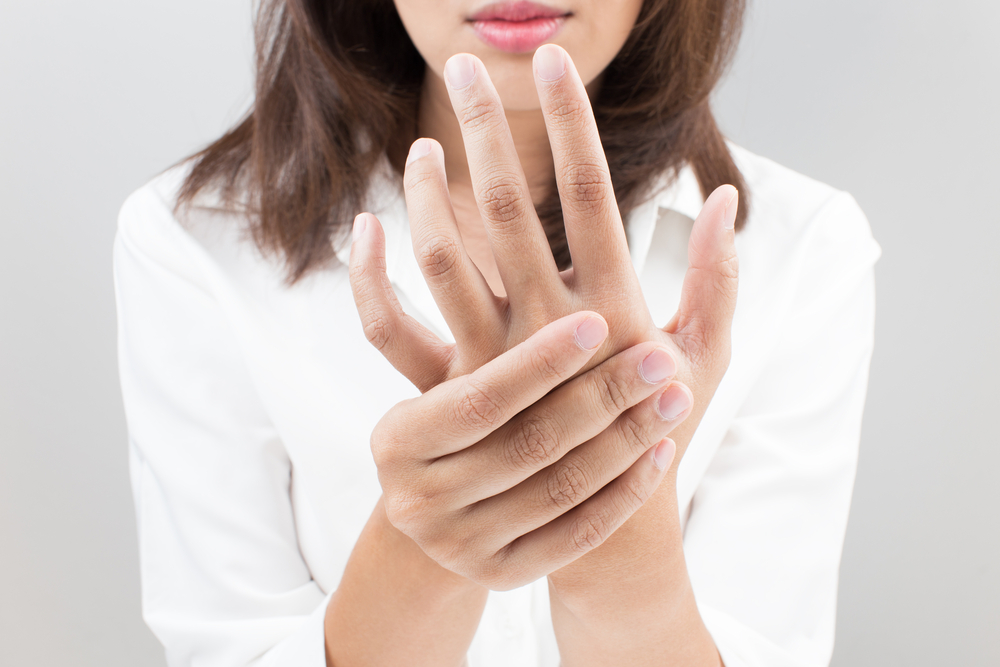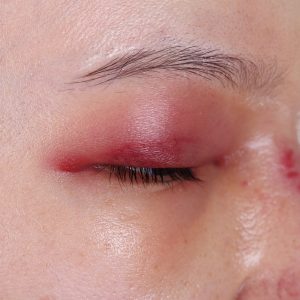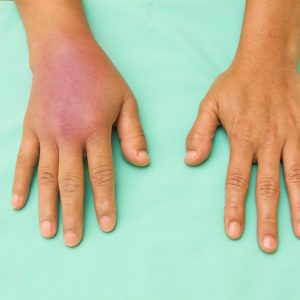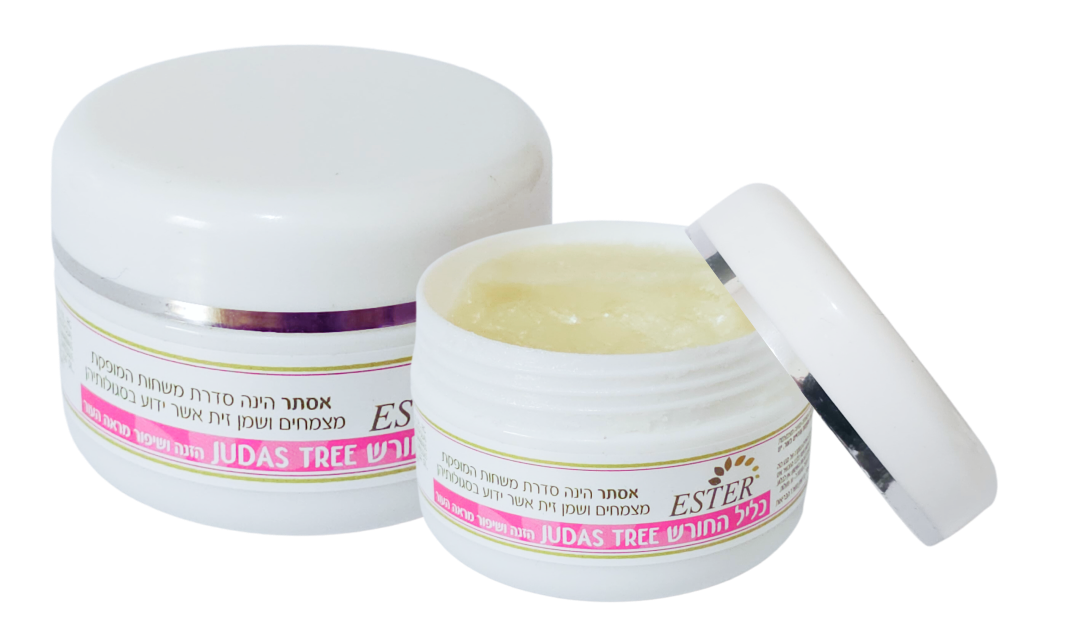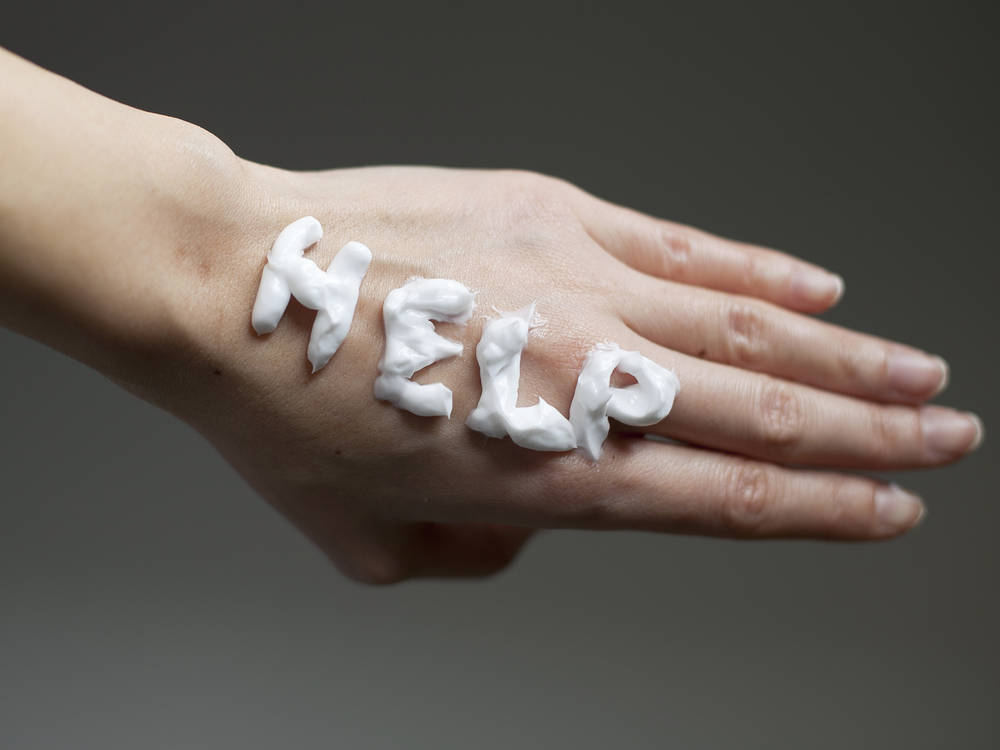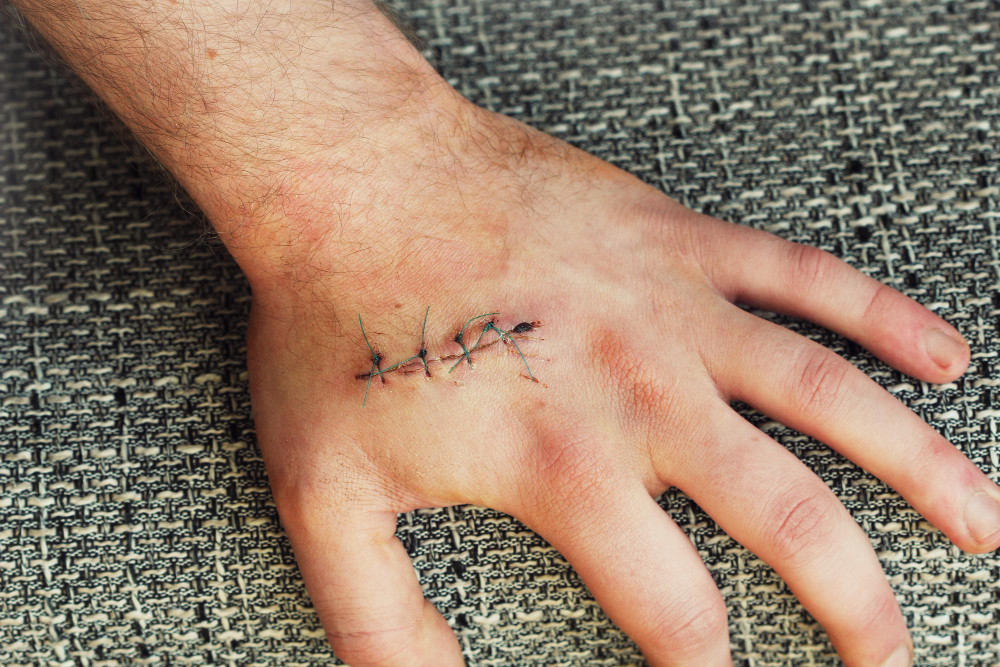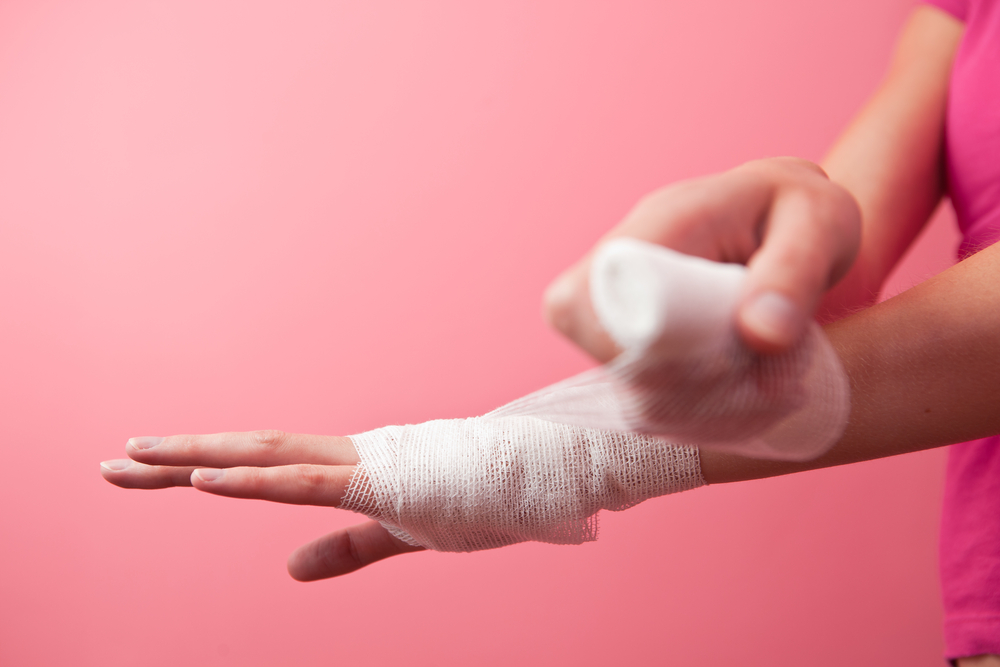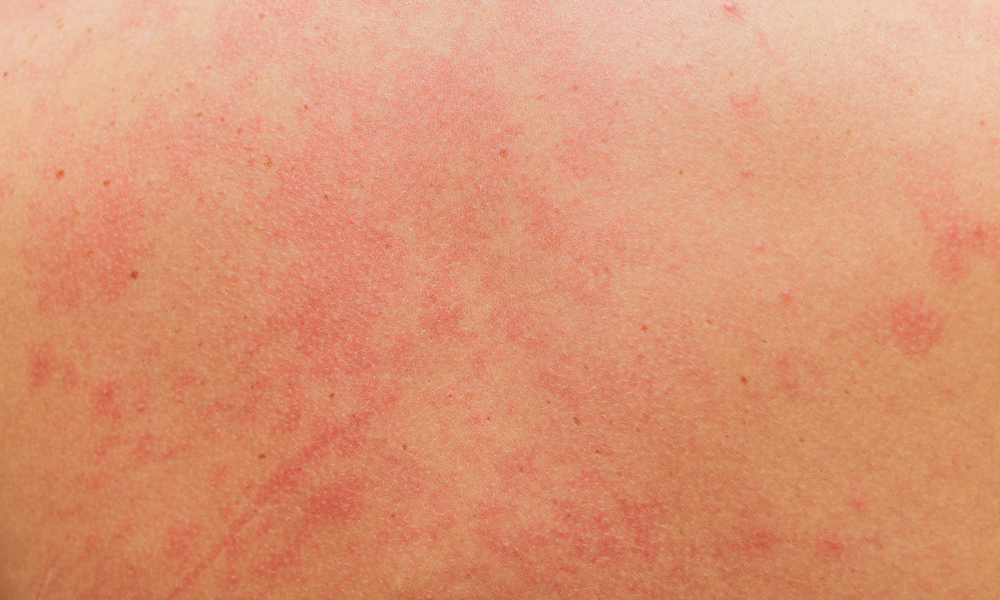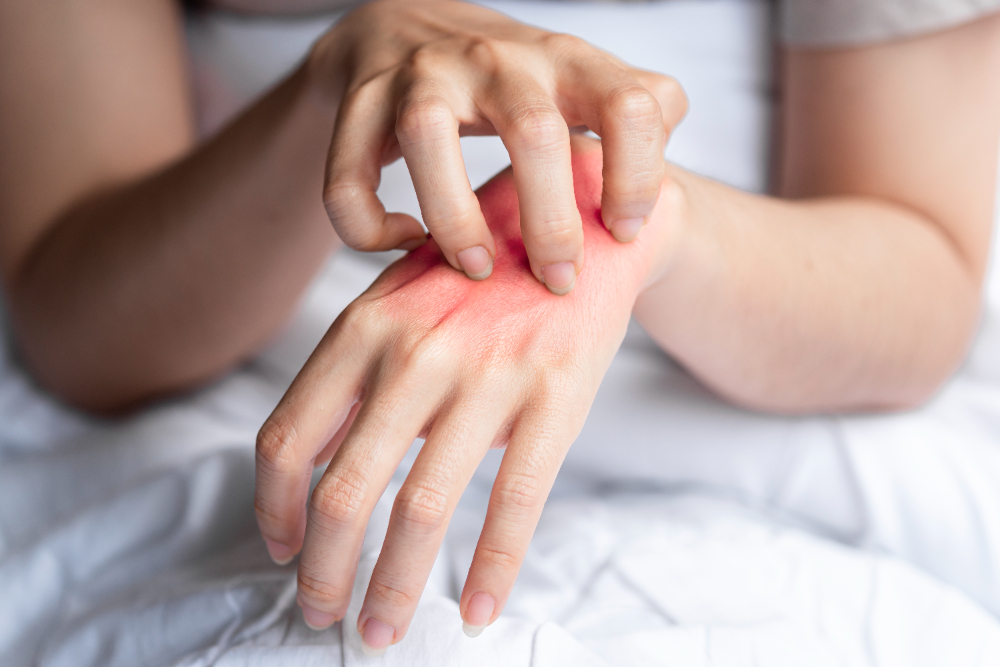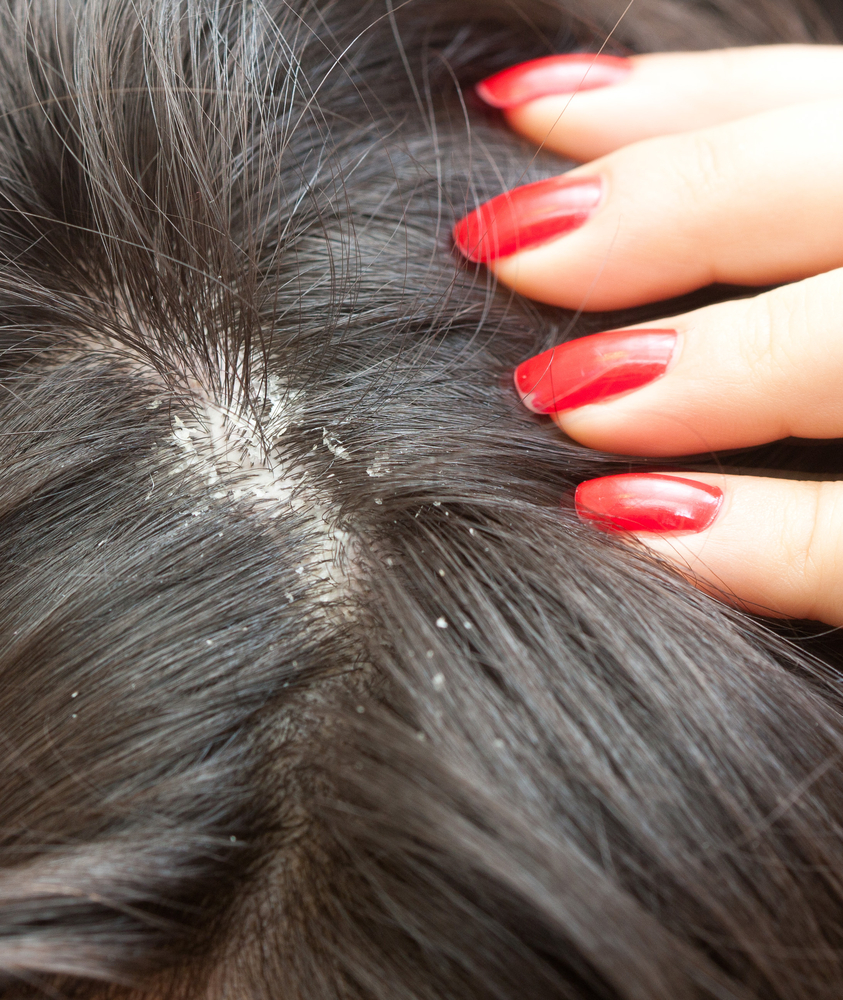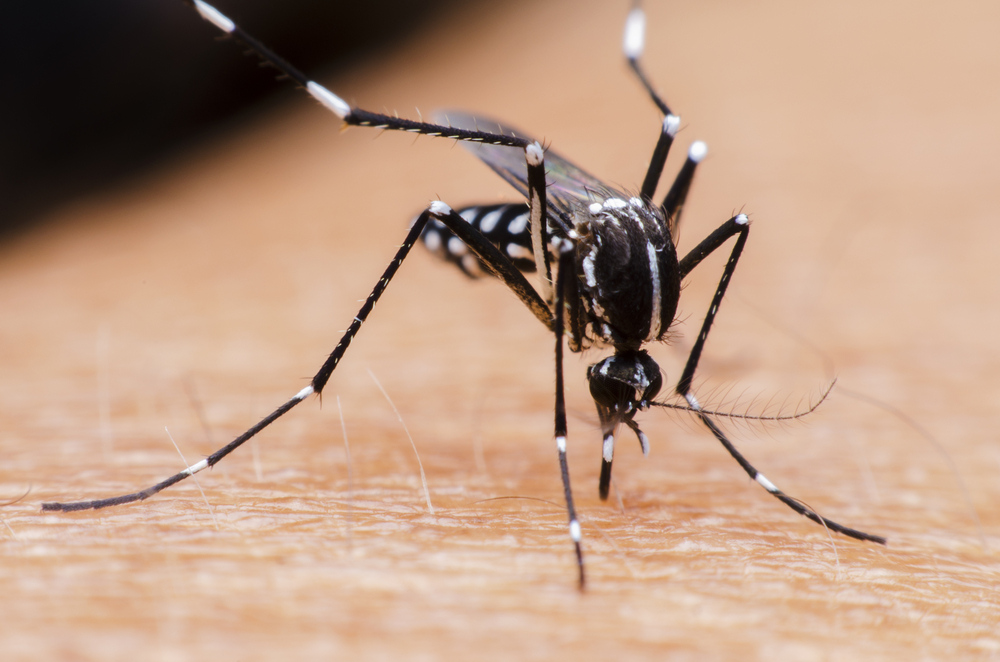Why Is It Important to Get a Professional Diagnosis Before Treating Facial Swelling?
Facial swelling can occur in various parts of the face, but when not caused by physical trauma, it usually appears around the lips, cheeks, or eyelids. Treatment for facial swelling must be based on an accurate diagnosis of the underlying cause. In some cases, the swelling may be due to sinus inflammation (sinusitis), fluid accumulation in the sinus cavities, or similar issues. In other cases, however, it can be a symptom of a serious or life-threatening condition, such as anaphylactic shock.
If the swelling does not subside, or if it is accompanied by symptoms like fever, fatigue, skin rash, or pus-filled sores, it’s crucial to see a doctor for a proper diagnosis. Based on that, the doctor can provide the appropriate treatment.
Treating Leg Swelling with Medication
Leg swelling is particularly common among older adults, often referred to as edema. It is frequently caused by venous insufficiency, which can be diagnosed using a Doppler ultrasound. In such cases, swelling may be visible throughout the leg, making it difficult to see the ankle bone or wear shoes comfortably.
Treatment typically involves medications for venous insufficiency. Additionally, proper care of the affected leg is essential—avoiding pressure or prolonged standing can prevent blood from pooling and worsening the condition beyond the basic swelling.
Treating Eye Swelling According to the Cause
Eye swelling can result from allergies, infections, local inflammation, or skin conditions that irritate the area around the eyes. Common causes include conjunctivitis (pink eye) or blepharitis (eyelid inflammation), both of which present with visible swelling.
Treatment must be tailored to the cause. For example:
- Warm compresses may help with a stye.
- Cold compresses may reduce general puffiness or allergy-related swelling.
However, the most important step is identifying the cause, which requires a consultation with a specialist who can recommend the most effective treatment.
Is Treatment Always Necessary for Abdominal Swelling?
Abdominal swelling can simply be the result of a heavy meal, but in some cases, it appears unrelated to food intake and often worsens in the evening. Emotional stress or hormonal changes may also contribute, along with localized inflammation or allergic reactions (e.g., insect bites or exposure to irritants).
In many cases, treatment involves lifestyle and dietary changes, including:
- Eating smaller, controlled meals
- Stress reduction
- Identifying and managing emotional or psychological triggers
If the swelling persists, a medical evaluation is necessary to determine whether it’s a symptom of an underlying condition that requires treatment.
Examples
